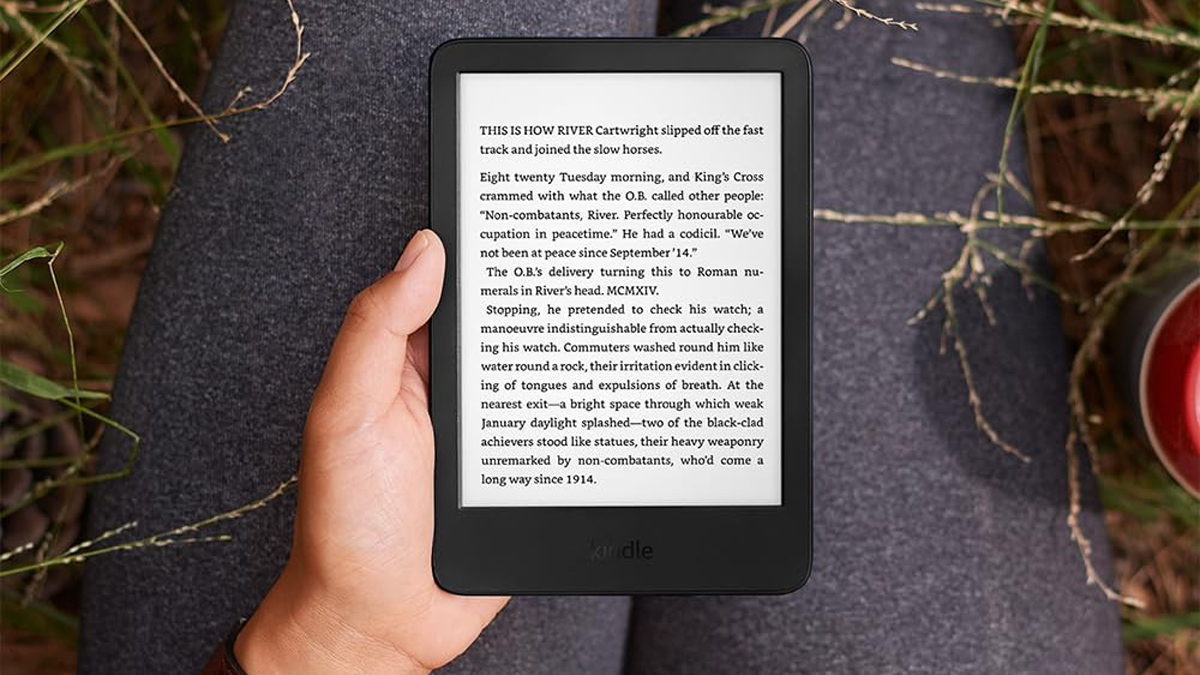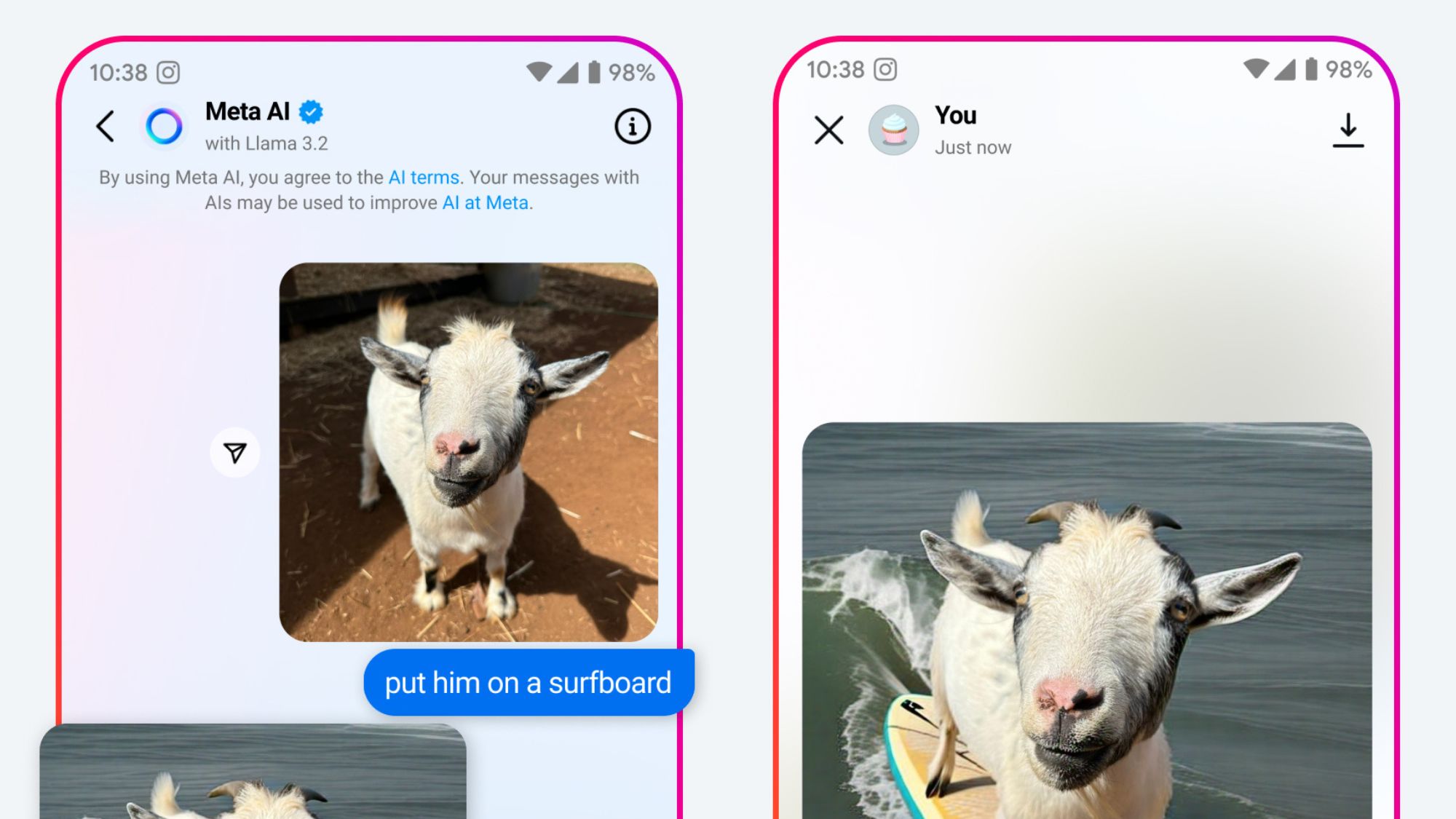You shouldn't steal eBooks unless you have good lawyers
Would you download a car?

Two really interesting things happened recently. Well, it's interesting if you enjoy eBooks or copyright law, or just like to watch huge tech companies do stupid things. You might even enjoy all three; if so you hit the jackpot.
On one side we have Amazon cracking down on people who move Kindle books to a computer. There are legitimate reasons you might want to do this, but one of the biggest reasons is so that you can strip the Kindle DRM away from the document and can use any reader software to enjoy your book.

One of the web's longest-running tech columns, Android & Chill is your Saturday discussion of Android, Google, and all things tech.
The issue is that once you've stripped away that DRM (Digital Rights Management) you can also upload and share that work with someone who didn't give Amazon any money for it. That's stealing and against the law no matter how you or I feel about it. More importantly to Amazon, it means the company loses a potential sale.
On the other side, we have Meta. You know, the company that used to be Facebook but has morphed into an AI company that happens to own WhatsApp, Facebook, and Instagram among others. Their AI is pretty good, too. On par with the offerings from Google and OpenAI, Meta's Llama AI models are open source and used by other AI companies like DeepSeek.
According to court records, Meta allegedly illegally pirated 82TB of DRM-free eBooks to train Llama. That's 8.2e+13 bytes of data, a number that's basically unfathomable to normal people who don't love math. These court records show that Meta knew it was wrong, did it anyway, and made jokes about it.
Way back in October of 2022 senior AI researchers said things like "I don’t think we should use pirated material. I really need to draw a line here” and “Using pirated material should be beyond our ethical threshold.” One even added, “SciHub, ResearchGate, LibGen are basically like PirateBay or something like that, they are distributing content that is protected by copyright and they’re infringing it.”
After some gentle nudging from Mark Zuckerberg himself, things changed. The company took steps to make sure the torrenting couldn't be traced back to Meta's network infrastructure and began sailing under the black flag.
Be an expert in 5 minutes
Get the latest news from Android Central, your trusted companion in the world of Android
The tone of the messages between employees changed from stoic refusal to things like "torrenting from a corporate laptop doesn’t feel right 😂." Emoji included.

It's alleged — remember Meta hasn't been found guilty of anything yet — that this shows both evidence of the unlawful activity and how Meta took deliberate steps to try and get away with it. The case against Meta is still ongoing so we have no idea if the writers who are suing the company will be able to get some sort of satisfaction.
In any case, Android Central has reached out to Meta for a comment regarding the allegations against it and will update this article when we hear back.
"Stealing" content to train AI isn't anything new. Google scrapes every bit of free content on the internet and much of it is used to train Gemini models which often plagiarize the actual source. OpenAI and Microsoft have faced several lawsuits similar to the current one against Meta, including an ongoing case brought by the New York Times for "billions of dollars in statutory and actual damages" for using millions of NYT articles to build a competitor without paying for it.
Nvidia allegedly scrapes "A human lifetime" of video every day to train its AI models according to documents leaked to 404 Media., and DeepSeek is being investigated for allegedly obtaining content from ChatGPT illegally. That's a lot of "allegedly" but still very concerning.

It feels like all these tech giants do whatever the hell they please when it comes to copyright, but you shouldn't do the same. The financial penalties are peanuts to companies like Google or Meta but would ruin the average person. We've seen that happen; pirating music can cost you $150,000 for every song you download illegally.
Equally important is the message this gives. If it's OK for a company like Meta to steal eBooks then you can do the same thing, though the reality is that both are wrong. The difference is that if you have a huge war chest and legal team, you can get away with it.
I'm not going to tell you what to do. I try very hard to pay for all the content I consume, but if it's not easy to pay for it I've fired up a torrent client to get what I wanted or used a web archive to get around a paywall. I think most people are the same.
In the long run, someone will find another way to strip Kindle DRM, eBook piracy sites aren't going away, and Meta will fight and appeal until Zuck gets a slap on the wrist for doing something that would financially ruin you or me.
The world keeps turning.

Jerry is an amateur woodworker and struggling shade tree mechanic. There's nothing he can't take apart, but many things he can't reassemble. You'll find him writing and speaking his loud opinion on Android Central and occasionally on Threads.
You must confirm your public display name before commenting
Please logout and then login again, you will then be prompted to enter your display name.
